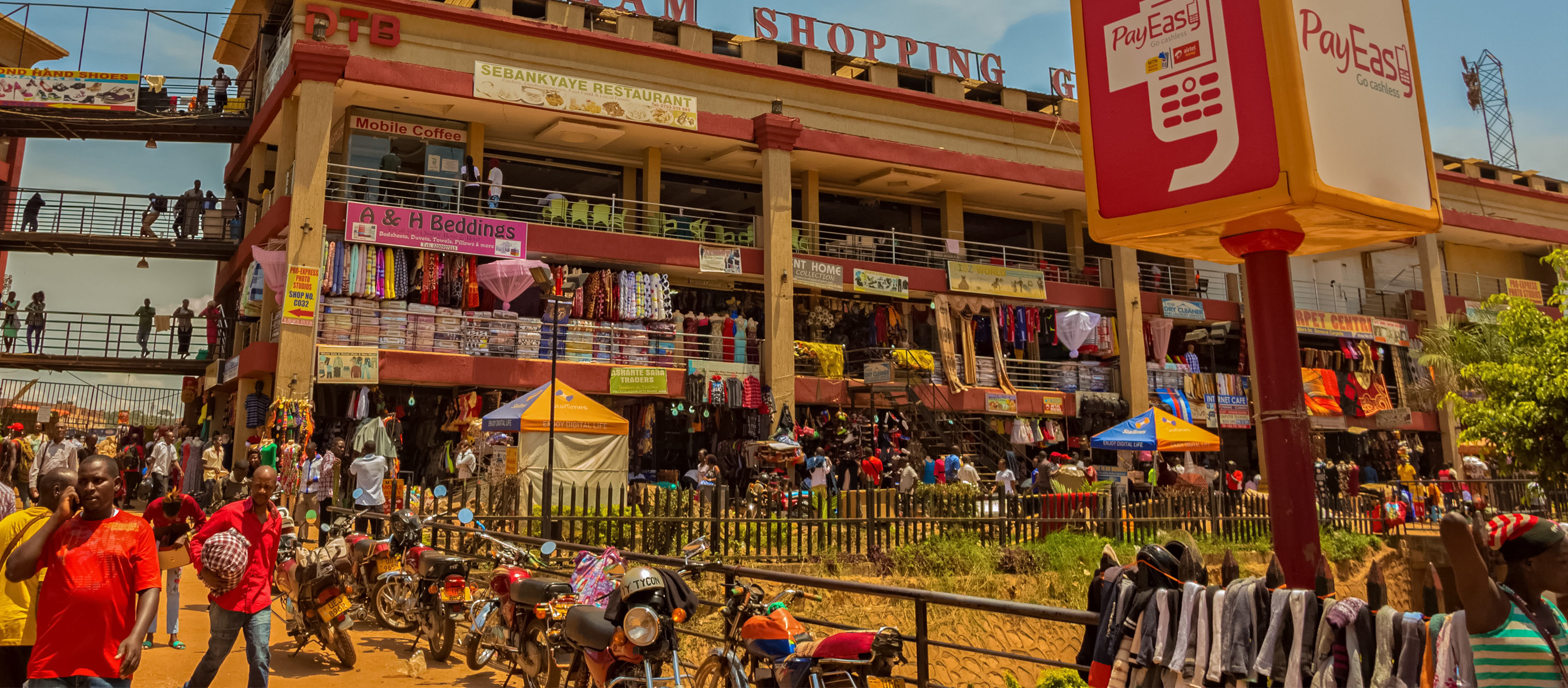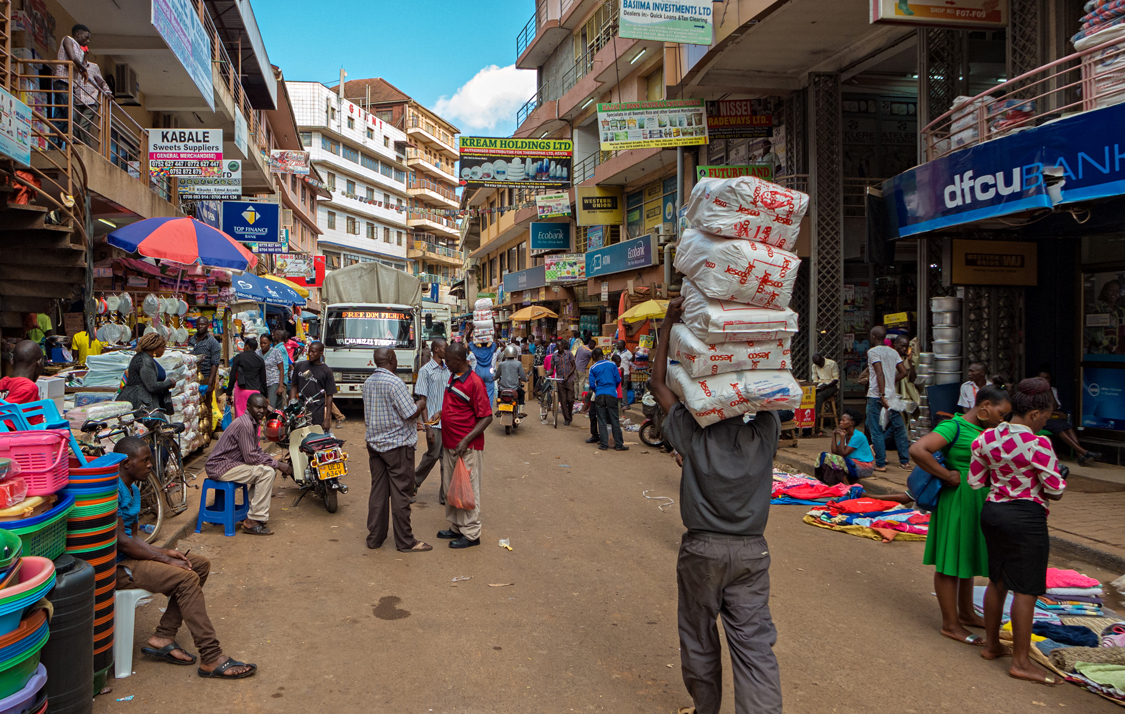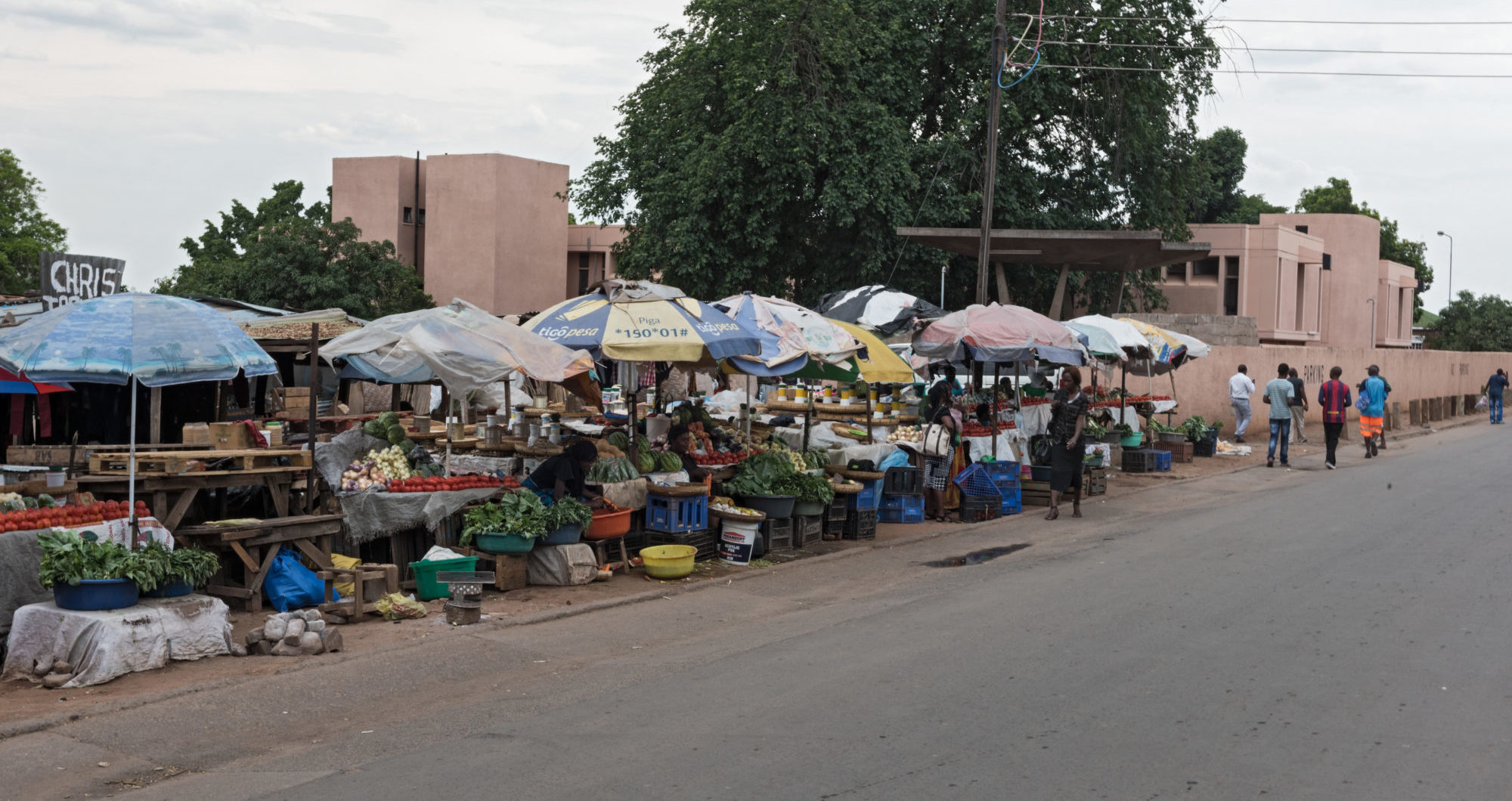
Beyond the numbers: Tailoring insurance cover for MSMEs
Micro, small and medium-sized enterprises (MSMEs) are the lifeblood of most economies globally. They are recognised as one of the primary engines for growth and employment, making up at least 90% of businesses and more than 50% of employment worldwide. Policy-makers and donors are increasingly pushing MSME development, and global





